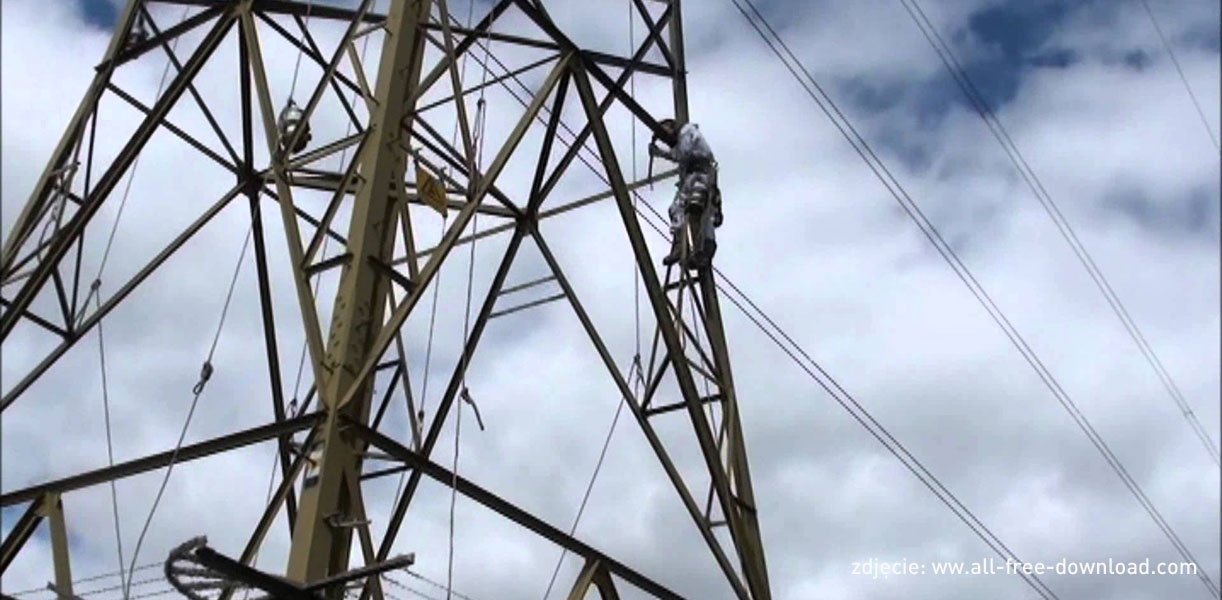26 March Members of the European Parliament voted on regulations aimed at strengthening the position of energy consumers and prosumers. Recognised regulations will also limit the possibility of subsidising power plants burning fossil fuels by EU member states.
The European Parliament has adopted the most important regulations that make up the “Clean Energy for All Europeans” package of solutions, i. e. the new energy strategy for the coming decade.
The energy consumer records in the European Union focus on the introduction of dynamic prices to increase consumers’; awareness of energy consumption and the generation of energy-saving measures at the time when energy demand is highest in the system.
Under the new rules, energy consumers will be able to buy a smart meter (it should be installed within 4 months of the application) which shows energy consumption and costs in real time and sends information about energy consumption for a given period of time, so that its reading does not require a visit by the collector.
Consumers in each EU country will have free access to at least one tool to compare energy supply offers available on the market.
The reform is intended to strengthen cooperation between Member States in the event of an energy crisis. Thanks to, among other things, greater flexibility of energy systems, increased possibilities of energy import and export.
The regulation on emergency preparedness in the electricity sector, adopted by the European Parliament, is intended to enhance energy security.
Current European Union law allows national authorities to pay fossil-fuel power plants to remain on standby to provide certain capacities in the event of a shortage in the system.
The new rules, supported by the European Parliament, will introduce restrictions for Member States that subsidise fossil-fuel-fired power plants. The State aid limitation will apply to all new power plants.
The legislation adopted to enter into force will be officially approved by Member States’; ministers at EU Council level and then published in the Official Journal of the EU.



